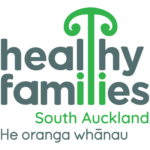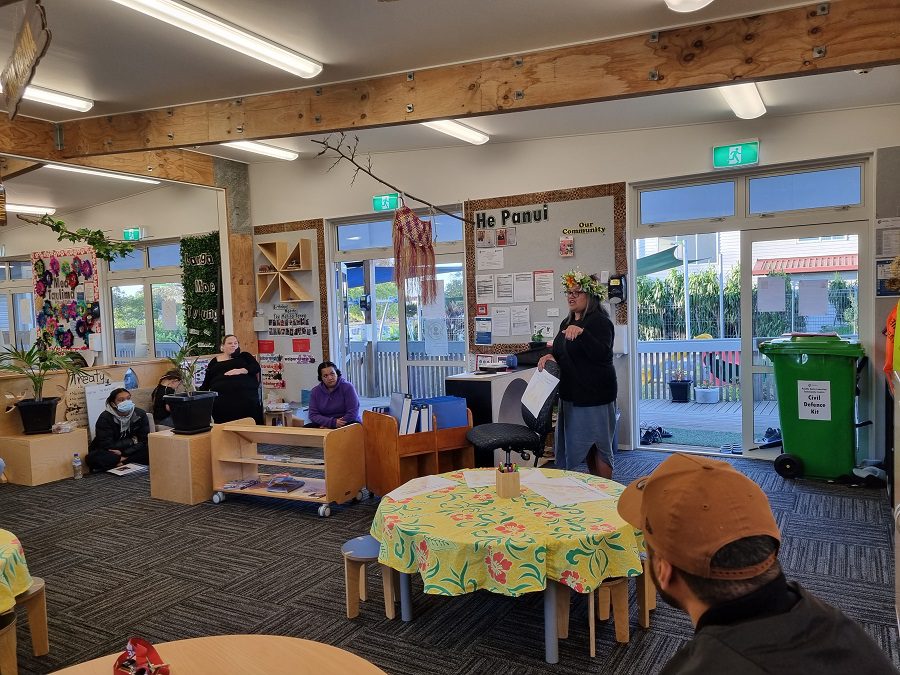
The Pacific Early Learning Community Centre (PELCC/The Centre) in Rowandale, Manurewa has been operating since 2020. With a roll of 28 children, PELCC aims to care for children of all cultures, aged between 2-5 years old.
PELCC participated in the Early Years Project run by Healthy Families South Auckland (The Cause Collective) in 2021 to learn how to better connect to their whānau and community.
“We joined Healthy Families South Auckland (The Cause Collective) Early Years project as we wanted to know how we can get our whānau involved in our programme for their tamariki,” says Inano Lotulelei, Centre Manager.
The Early Years Project consists of a series of five capability building workshops with a selection of CMKA and Pacific Island centres in South Auckland.
Healthy Families South Auckland delivers each workshop which teaches participants how to use design thinking to generate ideas that will help whānau, tamariki (children) and teachers learn better together.
Design thinking is a process for creative problem solving. Essentially, it involves understanding the users (target people), challenging assumptions, redefining problems and then creating innovative solutions that can be created and tested.
“The workshops were amazing! They were really reassuring and refreshing for our team to think of new ways and how to approach families,” she says.
Following the workshops, PELCC were eager to apply the design-thinking lessons with their centre parents. However, due to lockdowns and related disruptions of 2021, it was difficult for teachers and parents to engage.
After learning to use Zoom to regularly connect online as well as meeting face-to-face with parents. The teachers were able to gather parents’ feedback and insights about their experiences at PELCC. It was highlighted that one of the key issues they were facing was providing healthy lunches for their tamariki.
“We continue to encourage and educate our parents on how we can provide healthier options for our tamariki’s lunch boxes. That was our focal point we came to after engaging with our parents about how we can better help them,” says Inano.
“It’s also about rewarding them for what they’ve been presenting in their tamariki’s lunch box as we know it’s been hard times during covid but just reminding them of the importance of a well-fed child.
“That we want [our children] to be ready to learn and be alert to learn, and our parents are happy to come together and work towards this in order to have better outcomes for our tamariki in the future.”
Junior Haupini, whose three-year-old son attends PELCC, says Inano and the staff have been extremely supportive.
“We always give our son healthy food but with him knowing that he can also grow fruit and veges from PELCC, that’s another good thing as it is easy to keep him engaged with eating healthy food,” he says.
“It’s (healthy eating) a regular conversation as well. When we’re here (at the centre), they’re talking to us about healthy food choices for lunch, and holding information sessions with parents. It’s really good for them to keep us informed about these important things.”
In May 2022, PELCC hosted an engagement workshop with parents to continue the conversation around healthy food options for children’s lunches. The staff were ‘blown away’ by the number of parents in attendance and also the valuable feedback and insights shared will be used to inform the centre’s healthy eating approach moving forward.
Andy Piutau, Lead Systems Innovator for Healthy Families South Auckland (The Cause Collective) says it’s been a privilege to see the growth of the teachers’ skills and knowledge and how it’s led to a stronger connection with their whānau and tamariki.
“They’ve come a long way, especially as a centre that’s fairly new to the Manurewa area. They didn’t have many strong connections with local families, yet today they have over 20 families and have discovered their unique approach to engagement.”
“They’ve picked up a lot of good tools from our design-thinking workshops, so when it came to working with the parents you could see them putting it into practice. For example, the way they would listen for key insights and also help encourage families to express their thoughts and ideas.”
Healthy Families South Auckland’s role within the prevention system is about empowering local leadership and community to activate innovation to create health promoting environments in the places where we live, learn, work and play.
Effective systems-level change for a community requires an understanding of that community, its needs, unique challenges, and opportunities.
